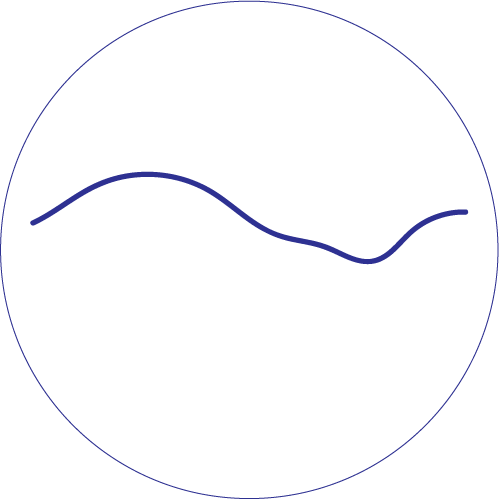notes on art and time [nicholas surbey]
3:47 A.M.
I set myself the task of examining my relationship with time.
It soon became apparent that this was not an easy discussion to have, even with myself, touching as it does on complicated issues of subjectivity, identity, biology, ambition, capital, labor, value, power, and above all privilege. Do I have the time or even the drive to unpack these issues? Is it worth anyone’s time for me to do so?
4:37 A.M.
Here is a non-exhaustive list of things that directly affect the ways I experience and regulate time:
I am economically secure and carry no debt
I am a neurotypical, physically enabled, white, American, cis-gendered man
I have no children, nor, as a gay man, am likely to have any (Related point: I deal with relatively little pressure to think about or justify my lack of children and no one has ever referred to my “biological clock”)
I currently work part-time jobs, mainly from home
I have never been incarcerated, nor am statistically likely to be
I identify as low-ambition and moderate-anxiety
I value process over product
I value silence, stillness, and reflection
I usually sleep at least eight hours per night
4:48 A.M.
Over the past several years, I have made a project of changing the ways that I relate to time, beginning with a commitment to organize my life so that I never wake up to the sound of an alarm clock.
Sometime after that, I began to whittle down the number of concurrent jobs I was willing to hold, then the number of hours I was willing to work during a week. My life became an exercise in finding and keeping space. I did this ruthlessly.
With and within this space, I discovered that not only was I unhappy with most of what I spent my time doing, I didn’t know what I actually wanted to be spending my time on. I still don’t.
I had always assumed that given the time, I would develop as an artist. Finding that time now, I’m almost positive that isn’t what I want.
Recently I came across a quote from French painter Eugène Delacroix. “The practice of art demands a man’s whole self. Self-dedication is a duty for those who are genuinely in love with their art.”
5:09 A.M.
I don’t know that I’ll be able to do justice to the complex relationship that has formed in my mind between Art at Time, so let me use an example.
It is just past five in the morning. I’ve been writing this out for nearly an hour and half. Before that I lay awake in bed for an hour, writing in my head. Before that I spent a week mulling, journaling, drafting, discarding, and lying awake writing in my head.
Since starting this project, these 600 hundred odd words have dictated what I do with my time. And for this week I have felt what I always feel when working on a project: that overwhelming need to seek out and to refine and to make.
If you are an artist you know this feeling. If you work at your passion, you know this feeling. It is the duty of those who are genuinely in love with their art.
But I don’t love this. I hate this. I hate that I’m still driven to work on this instead of sleeping next to my boyfriend. I hate that when I’m working like this, my time no longer feels like my own.
5:30 A.M.
Sometime in the future I will delve into the strains of insecurity and self-denial that run through these feelings. I will unpack my anxieties about product, and my guilt about time wasted, and my fears about other people’s expectations. But right now, I’d much rather be asleep.
I prefer the stillness, and the quiet solitude, and the spacious ease that I’ve built within my life. Not this. Not the breathlessness, the volatility, the irregularity of a compulsion I cannot lay to rest. Not 5:34 A.M.
Because If the practice of art demands my whole self, I’d rather not give it.

